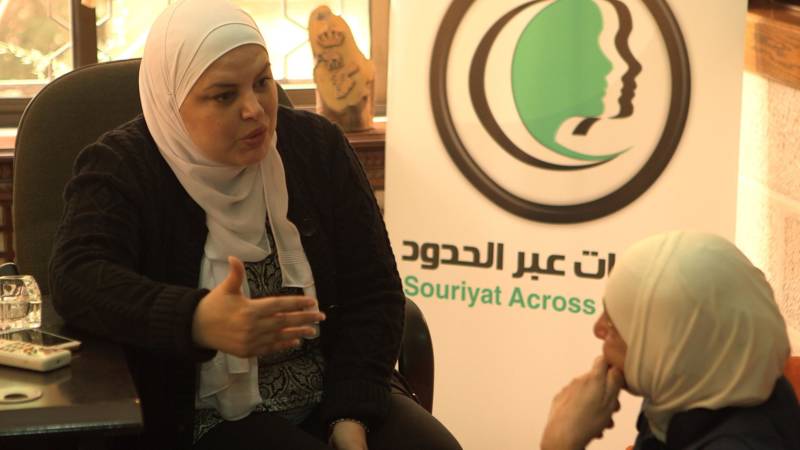For a group of mental health professionals in California, watching the Syrian refugee crisis unfold on television was not an option.
“We were very, very concerned that there (was) a lot of need, and little available for professional services -- particularly mental health services,” says psychiatrist Dr. Saad Shakir.
Shakir yearned to do more, and he zeroed in on Jordan. Amman, the country’s capital, is on the front lines of the Syrian refugee crisis, with nearly 1.5 million refugees now living in the country. Many are suffering deeply, but there aren’t nearly enough mental health professionals to serve them. A study from the World Health Organization says fewer than 100 psychiatrists live in Jordan.
In the face of overwhelming need came a creative response from the Alalusi Foundation, a Hayward-based nonprofit focusing on refugee relief and humanitarian projects around the world. The foundation developed the Care Program for Refugees -- or CPR -- to train professionals who work with refugees to provide mental health care.
“Being a physician, I'm a humanitarian,” says Shakir. “So seeing all the devastation going on, it's like I want to have an impact in a positive way. We decided the best way we can help is by training the individuals here who provide care for refugees.”
